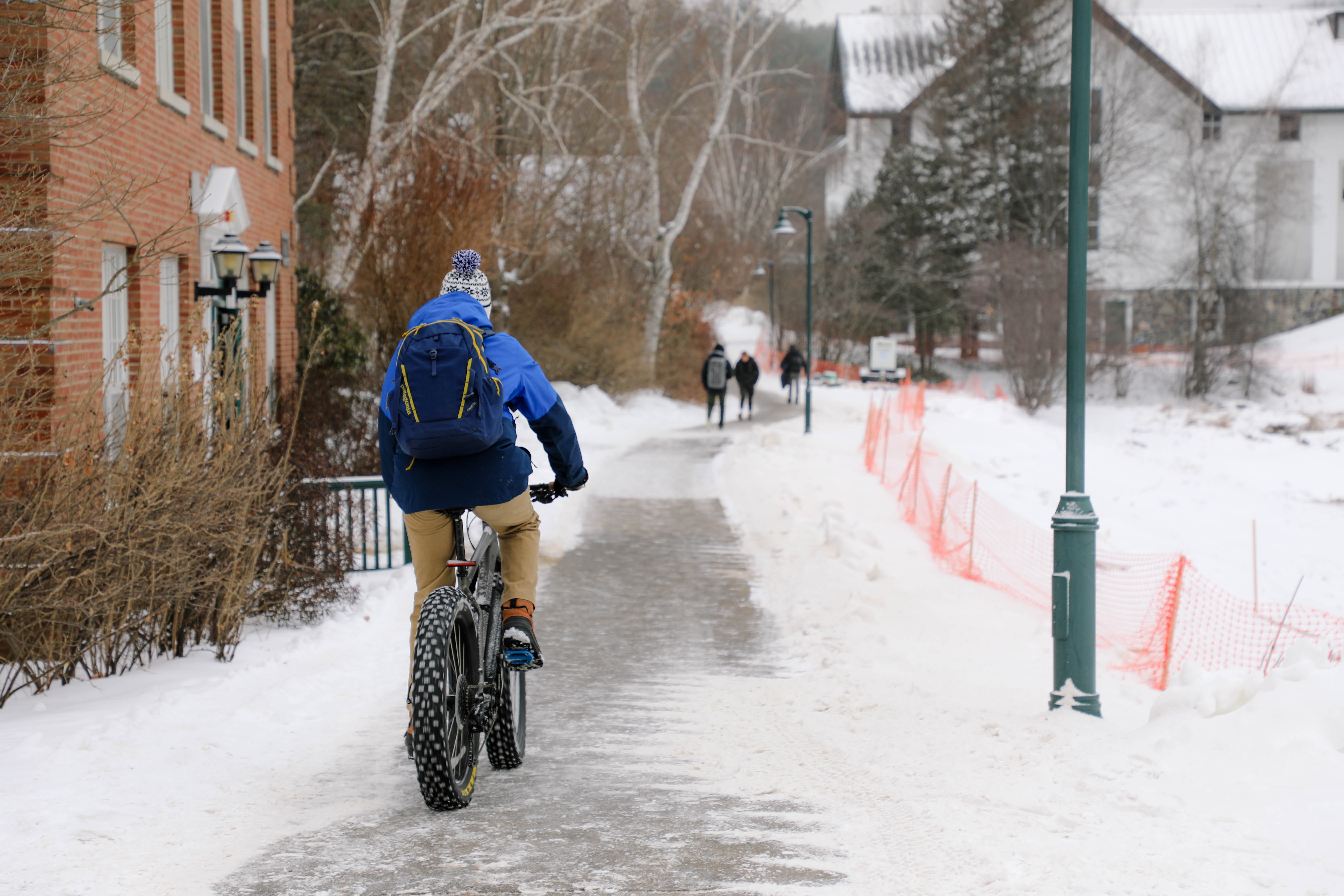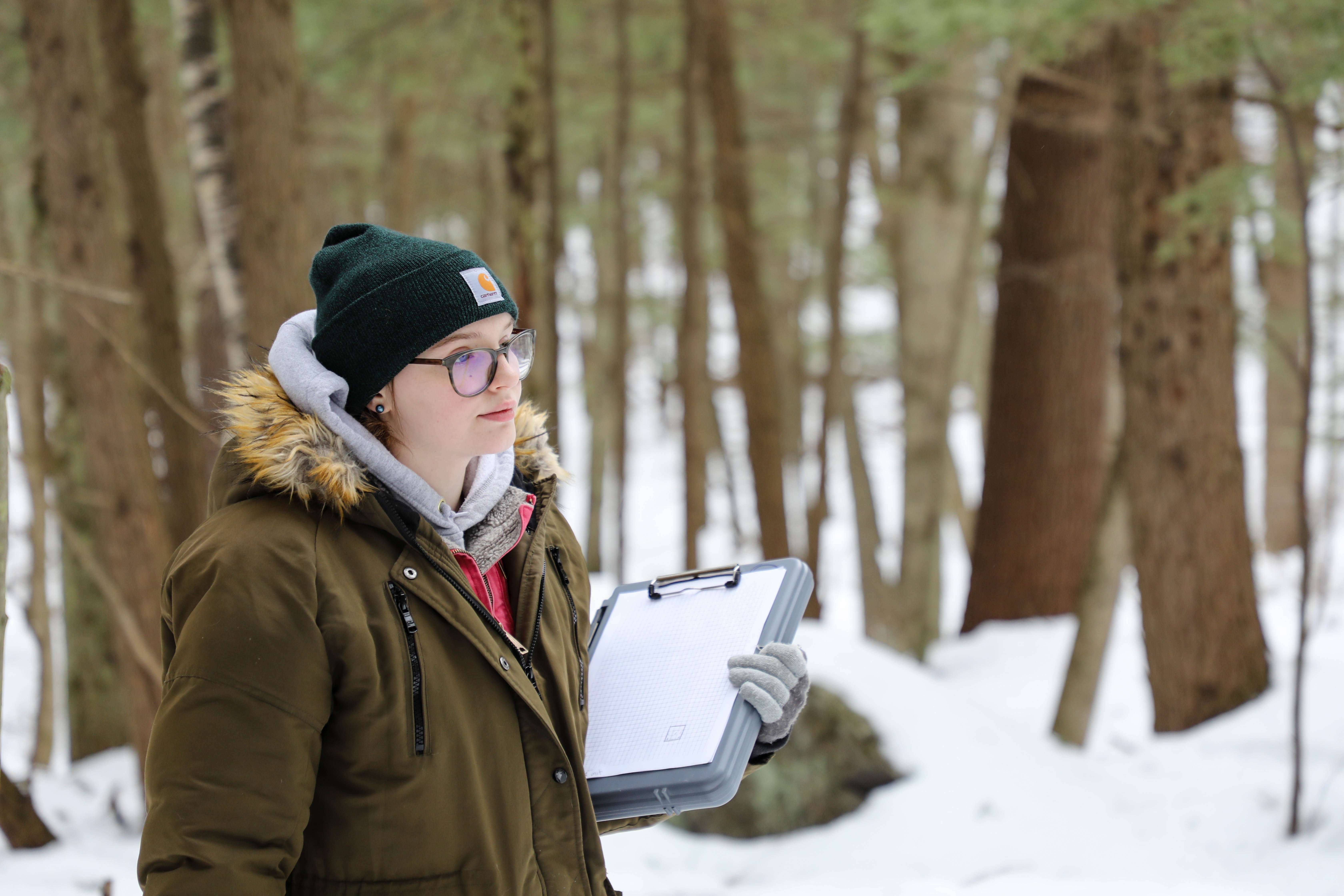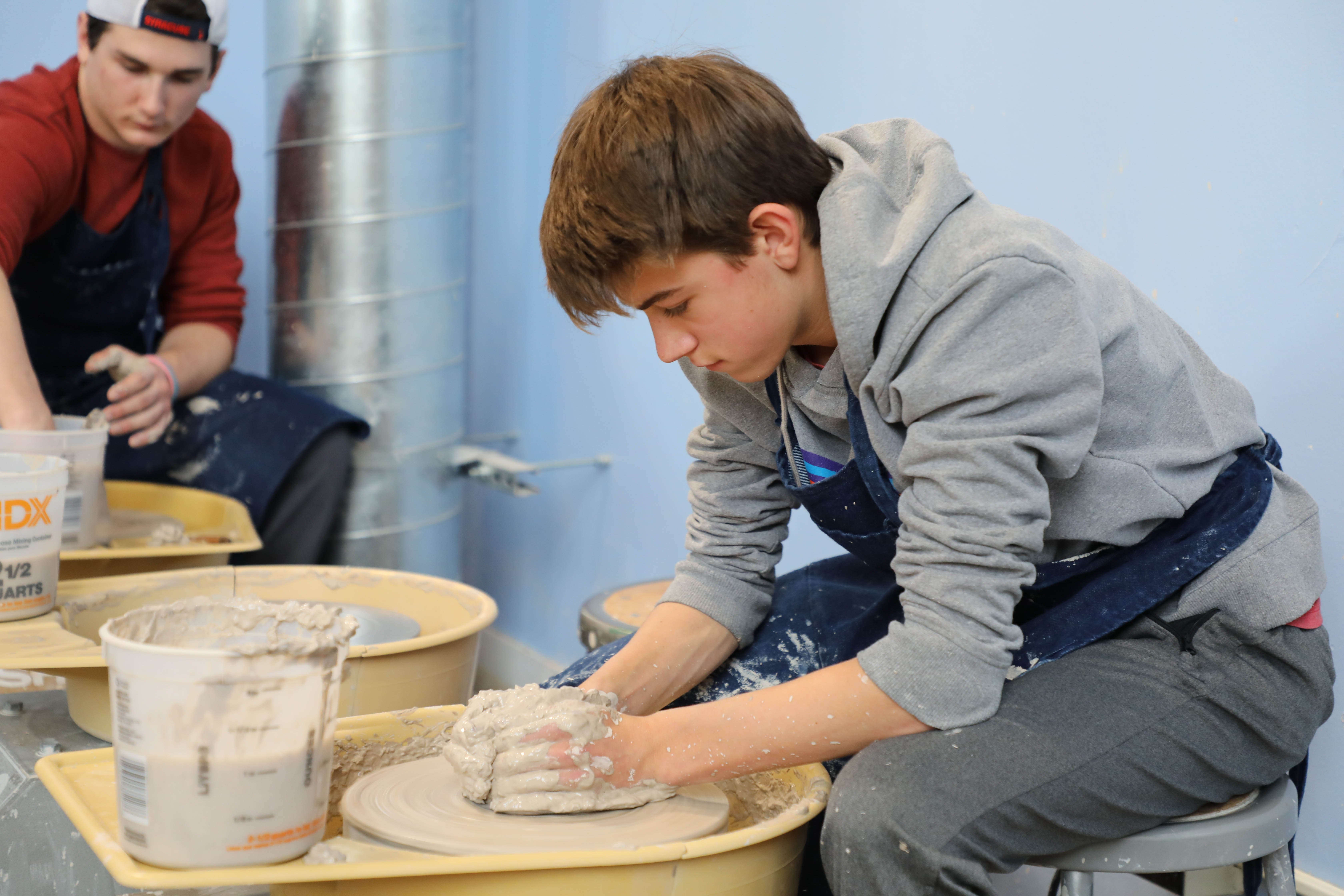I cannot recall a moment over the past five years when there has not been the background noise of construction on Proctor’s campus. The beeping of excavators in reverse, air compressors turning on and off as nail guns adhere new siding to buildings, dump trucks driving in and out of campus. This constant state of construction, while inconvenient at times, illustrates our community’s deep belief in our mission and willingness to invest in Proctor’s future through The Campaign for Proctor. However, visits to classes this week reminded us it is not just our campus that is under constant construction, but our students brains are works in progress as well.

This article from the American College of Pediatrics sites a 400 year old passage from Shakespeare’s The Winter’s Tale as evidence the challenges facing adolescents and the teenage brain are not unique to this generation of teens. “I would there were no age between ten and three and twenty… For there is nothing in the between but getting wenches with child, wronging the ancientry, stealing, fighting.” (The Winter’s Tale, Act III, Sc. iii) Perhaps we should borrow some of the caution tape from around campus and add it as a mandatory accessory in our student dress code to remind us our students are under construction.
So much of the research conducted on the plasticity of the adolescent brain focuses on the associated dangers of mixing in alcohol, sexual activity, and technology with a developing brain. And, yes, we should all be acutely aware of the fragility of brain development related to these factors, but we also believe the malleability of our students’ brains afford endless opportunities for creative thinking. As Patty and Buz share with their students in the video above, we must evolve from a position of fear and what could go wrong to a position of opportunity and what could be.

As a species, we are problem solvers. We pursue answers. We want to identify solutions and navigate toward them. We crave the peace that comes with answers. And yet we have all experienced, repeatedly, moments in our life when we believe we have arrived at our destination, our to-do list is complete and our inbox is nearly empty, only to be blindsided by another seemingly insurmountable challenge to overcome. World History students had one of those moments in Kyle's class this week when he handed back heavily revised papers. His message was simple: the process of revision is powerful, embrace the construction necessary to improve. Don't be satisfied with 'good enough'.

The beauty of the life we have the privilege of living lies in the never-ending problems available for us to troubleshoot. We must develop a resiliency in our community that leans into the interminable complications of life rather than running from them. Knowing we have the personal tools to navigate the unknown is almost as important as knowing we are each under construction. We must teach our students the skills they need to navigate life, while reminding them it is ok to be under construction, for it is through this construction we become better versions of ourselves as both individuals and a community.









